Muslims depend on two main sources of guidance for their way of life – the Holy Quran and The Prophet Muhammad’s sunnah (PBUH). These two sources provide advice on every aspect of everyday life, including how to be morally upright, conduct ethical business, and even how to control one’s diet for optimum health. The Prophet’s commentary on his favourite foods – which have countless health benefits in the prevention and cure of diseases – is detailed in the Sunnah. And what better time than Ramadan to familiarise yourself with them? The following is a list of 7 prophetic foods, as well as their health benefits:

Dates
“People in a house without dates are in a state of hunger,” reportedly said the Prophet (PBUH). Dates are high in vitamins and minerals, as well as being fat-free, cholesterol free, and sodium free. They contain vitamin A as well as a variety of B-complex vitamins, which are essential for the development of healthy body tissue and muscle.
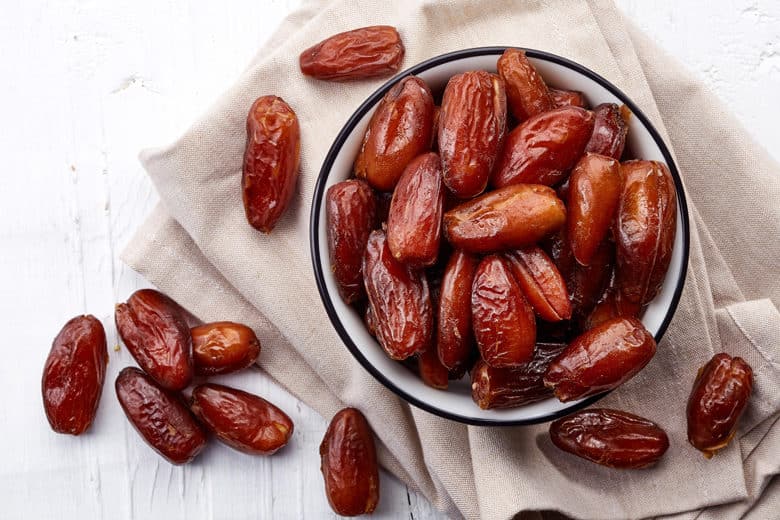
Honey
The Prophet Muhammad (PBUH) reportedly said, “Since honey is the cure for all illness and the Quran is a remedy for all mental illness, I recommend both the Quran and honey to you.” Some of the many benefits of Honey are it boosts energy, treats cough, heals minor burns, improves digestion, is good for the skin, helps reduce weight and regulates blood sugar.
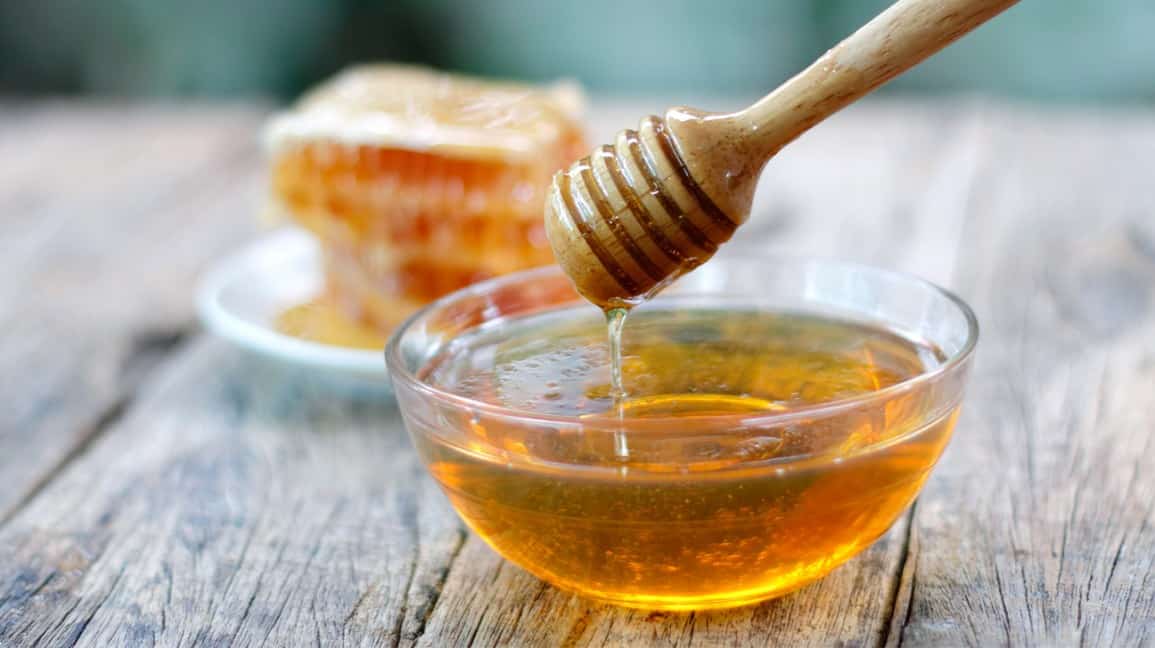
Pomegranate
The prophet Muhammad (PBUH) reportedly said, “Whoever eats a pomegranate, Allah will light his heart for forty nights.” The Holy Quran mentions pomegranates as one of the paradise fruits. Pomegranates have a special place in islamic medicine as well, and the Imams have always stressed on its importance. In regards to this, Imam Reza says, “Eat sweet and sour pomegranates, since they empower man and refine blood.”
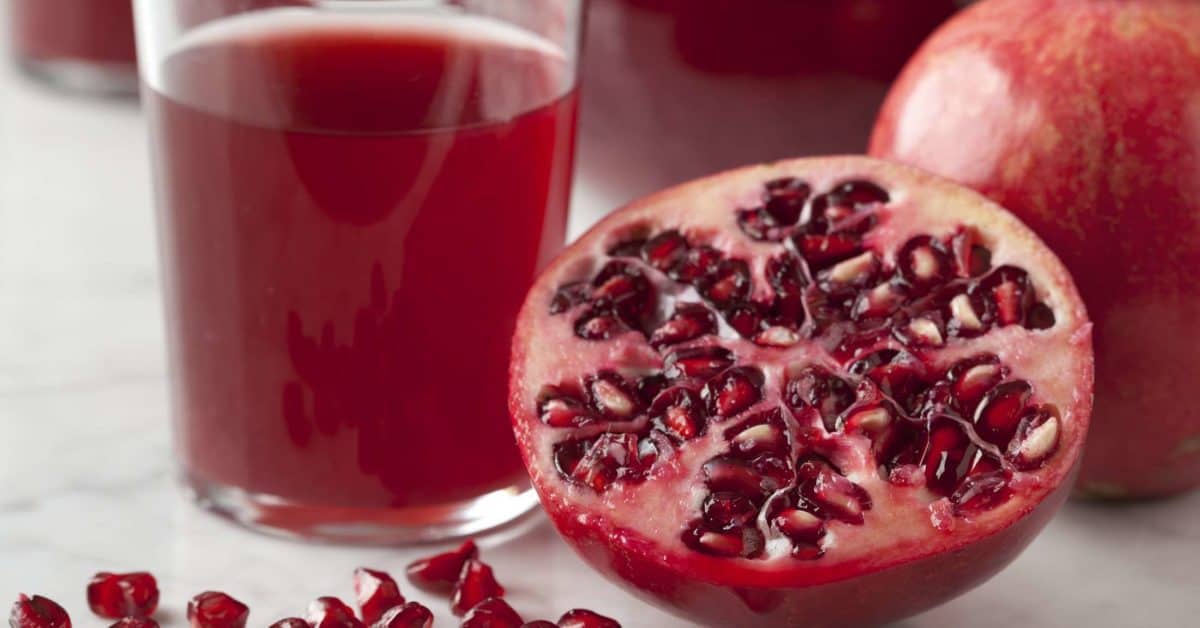
Barley
Scholars of hadiths have known Barley to be very nutritious, helpful with cough and stomach inflammations, have the potential to remove contaminants from the body, and function as a good diuretic. It is the only vegetation on earth that can become a single source of nutrition from birth to old age.
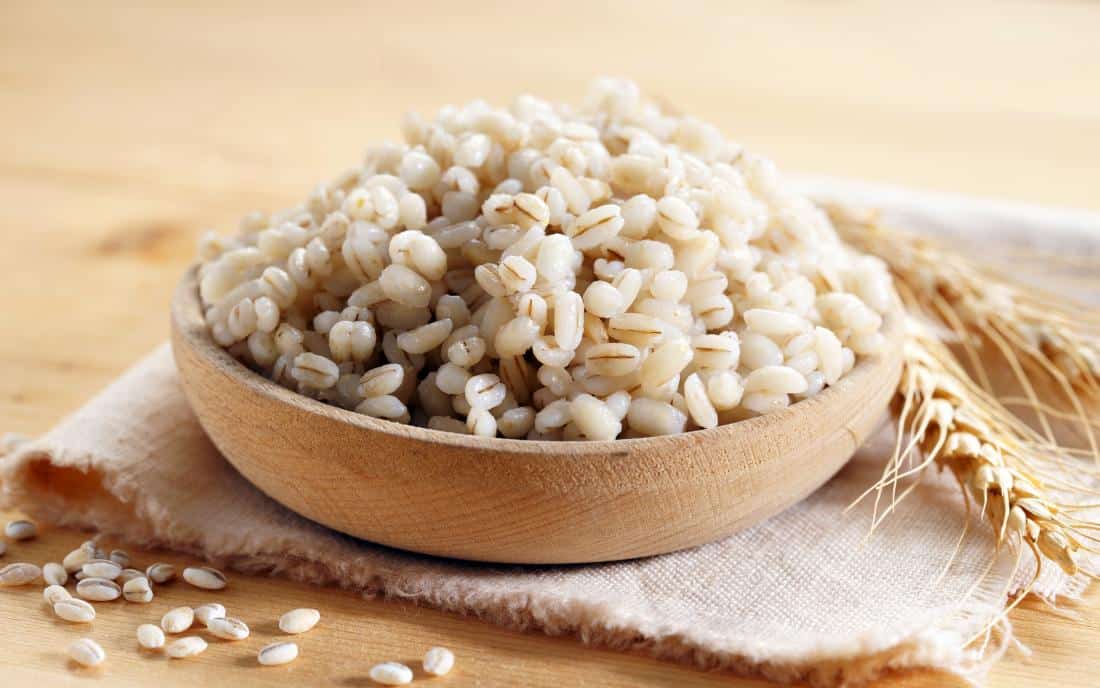
Figs
In the first Quranic verses of Surah al Teen, the Quran says: “I swear by the Fig” (47). Figs are a good source of dietary fibre and magnesium, as well as potassium. It has a high concentration of vitamin A,B and C and is low in calories (about 50 calories per serving).

Olive
Olives and its tree is described many times in the Holy Quran and Hadith. In Islam, the olive is regarded as a “blessed” fruit and in addition to being a good source of nutrition, is also used as a health food and “ruqyah care.” Incorporating olive oil and olives in one’s diet has many advantages. Consumption of olives on a regular basis lowers the risk of developing rheumatoid arthritis, improves the condition of those with autoimmune diseases, and keeps one’s glucose metabolism in check.
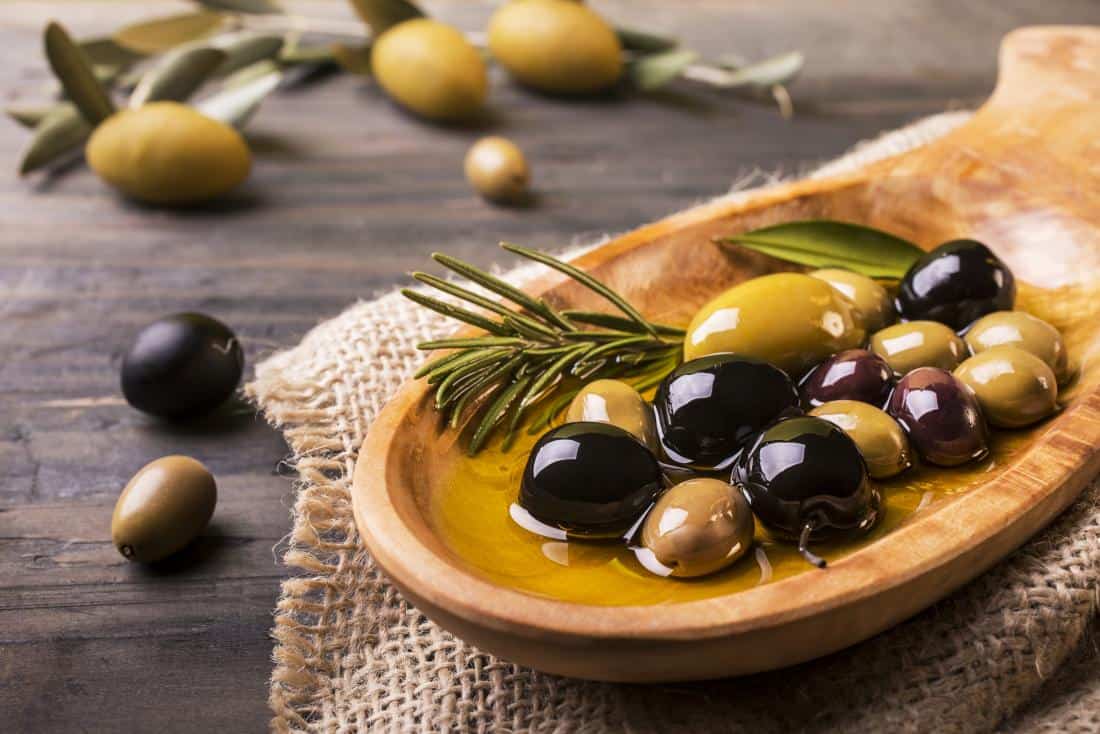
Kalongi (Black Seed)
According to the Prophet Muhammad (PBUH), “Blackseeds have a cure for any disease except death.” The key active ingredient in black seed is thymoquinone (TQ), an antioxidant and anti-inflammatory agent that may also have a tumour-suppressing properties. As a result, Kalongi is used to treat a variety of tumours and inflammations, as well as being prescribed for cancer patients. Kalongi is used for numerous health problems such as inflammation, congestion, cholesterol, menstrual Disorders and asthma.
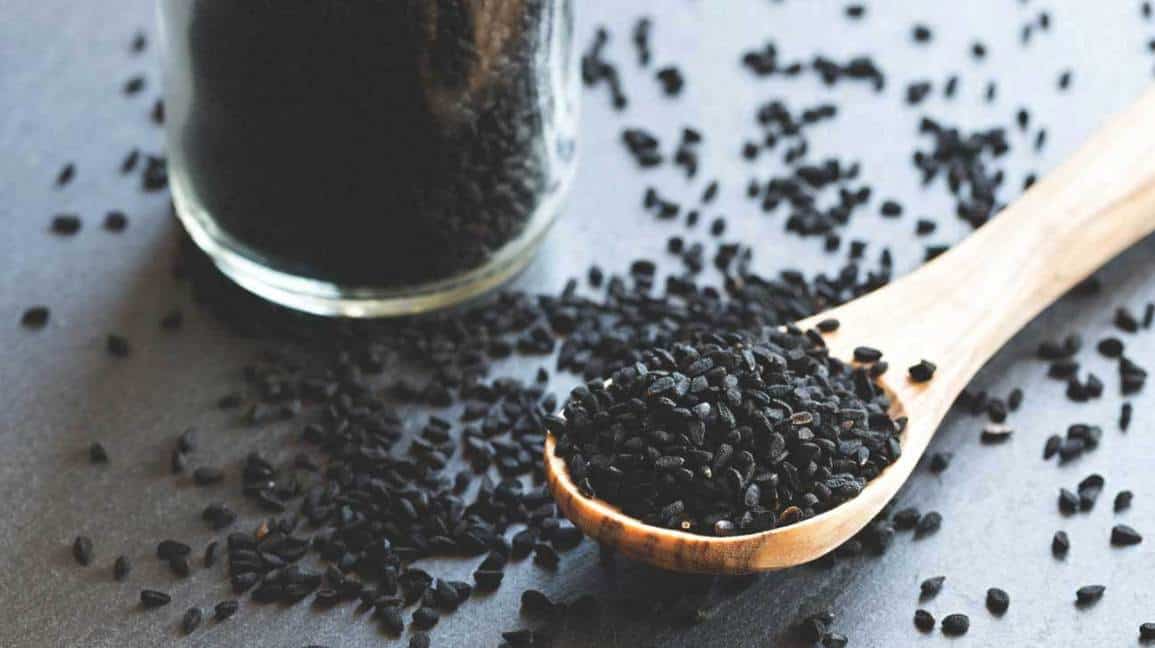









What do you think?
You must be logged in to post a comment.